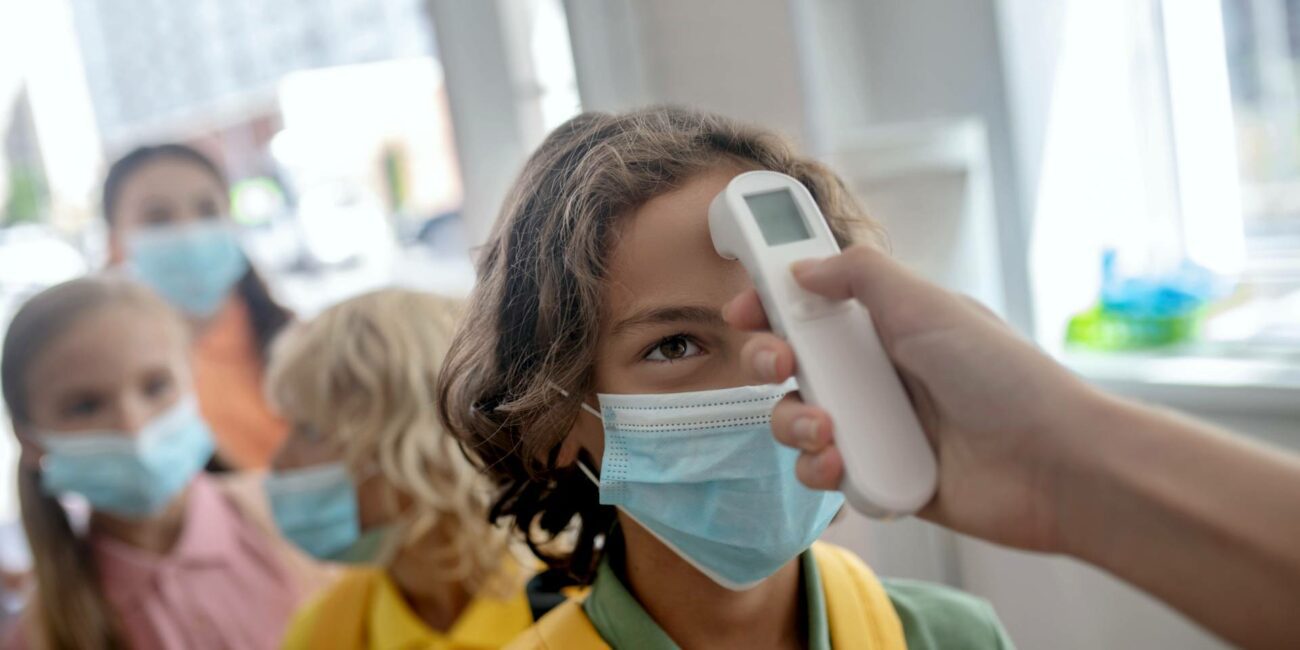TO WHOM IT MAY CONCERN:
You have requested that I disclose my vaccination status by [insert date].
My vaccination status is private and I cannot be compelled to disclose my status. I believe that the following legislation, Rights Charter and the common law, protect this right.
In accordance with the Constitution and the Protection of Private Information Act 4 of 2013, the company is not entitled to require me or any employee to disclose our medical information.
I understand that you argue that my right to privacy is overridden given that COVID-19 poses an unprecedented risk to society that can only be addressed by vaccinating as many people as possible. This is a view that has no basis in reality or science.
- COVID -19 is no more contagious than HIV, flu or TB. The workplace is not inherently more dangerous in a post-COVID-19 world than it was prior to COVID-19. The measures that the company has always taken to address other diseases are sufficient to meet the reasonability standard imposed under the Occupational Health and Safety Act. Employees are not required to disclose whether they are vaccinated against any of the abovementioned diseases.
- The COVID-19 vaccines do not prevent infection. Whilst there is science showing that the COVID-19 vaccines also do not reduce transmission of the latest variants, one does not need to be a scientist to recognise that the vaccines have not reduced cases in any of the countries that have high vaccination rates. The science also shows that vaccinated and unvaccinated individuals have similar viral loads. Viral load is the determining factor in virus transmission. The science shows at best, the protection of a vaccine is enjoyed only by the person who takes it. Your statement that people are at risk from the unvaccinated has no basis in science, and vaccinated people are equally at risk of infection from other vaccinated people, particularly where vaccination took place some time ago. If the vaccines work, and I have no reason to doubt that they do at least for a few months, then it should protect those who take the vaccine, irrespective of the vaccine status of those around them.
At the same time, my right to privacy is deeply entrenched in South African law. Section 12 (1) and (2) of the Constitution provide that: Everyone has the right to freedom and security of the person which includes the right to bodily and psychological integrity, such as the right to make decisions about reproduction, the right to security in and control over their body and the right not to be subjected to medical or scientific experiments without their informed consent (s12 (2) (c) ).
The National Health Act 61 0f 2003 specifically provides that research or experimentation on a living person (the COVID vaccines are still in the trial phase until 2023) may only be conducted in the prescribed manner and with the written consent of the person after they have been informed of the object of the research and/or experimentation and any possible positive or negative consequences on their health (s 71 (1) ).
The National Health Act also recognises the importance of patient autonomy by requiring informed consent (s7) from, and the participation of, patients in the decision-making process. This Act also recognises the patient’s right to confidentiality (s 14).
Section 187 (1) (f) of the Labour Relations Act 66 of 1995 states that a dismissal will automatically be considered to be an unfair dismissal if the employer unfairly discriminated against the employee directly or indirectly on any arbitrary ground, including but not limited to race, gender, sex, ethnic or social origin, colour, sexual orientation, age, disability, religion, conscience, belief, political opinion, culture, language, marital status or family responsibility.
Furthermore, the National Patients’ Rights Charter provides that information concerning a patient’s health, including information concerning treatment, may only be disclosed with patient informed consent, except where required in terms of any law or order of court. There is no law mandating COVID-19 vaccines in South Africa. The Consolidated Direction on Occupational Health & Safety Measures in Certain Workplaces published on 28 May 2021 (the “Direction“) permits companies, under certain conditions to elect to implement a vaccination scheme. That election is the source of the scheme. Consequently, it cannot be argued that a law requires disclosure.
The common law makes provision for the right to privacy and confidentiality of patient information which may only be breached if:
(a) A patient consents to the disclosure;
(b) A court of law orders the disclosure;
(c) An act of parliament imposes a legal duty to make such disclosure;
(d) There is a moral or legal obligation on a person to make it to a person who has a moral or legal obligation to receive it.
There is specific legal precedent in relation to HIV that establishes the illegality of a request from an employer for information regarding medical status. That prohibition exists due to a misunderstanding of the risks that HIV poses which creates discrimination against HIV-positive individuals. In the same manner, the misconception that the COVID-19 vaccines reduce the risk that an individual poses to society makes the requirement for vaccination inherently unfairly discriminatory.
Your request that I reveal my vaccination status is therefore not only clearly in breach of all of the laws and rights charter mentioned above, but there is no rational basis for implementing the policy given the risk that COVID-19 poses and the inability of the vaccines to address that risk.
I appreciate that you believe the company must comply with vaccine “requirements,” but the company is also obliged to comply with the law and uphold the Constitution. Moreover, those requirements do not make the workplace any safer. Whilst I accept that employers are entitled to make policies for employees, those policies ought not to infringe the entrenched rights to bodily and psychological integrity (amongst other rights).
Employees should not be punished for exercising their rights to autonomy and bodily integrity and for declining a medical intervention even if it may be intended for their benefit. If employees are punished because they make a different decision to the one being mandated for, their basic freedoms are being removed and the core principles entrenched in our Constitution are being trampled upon.




